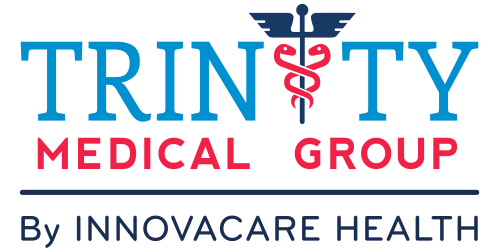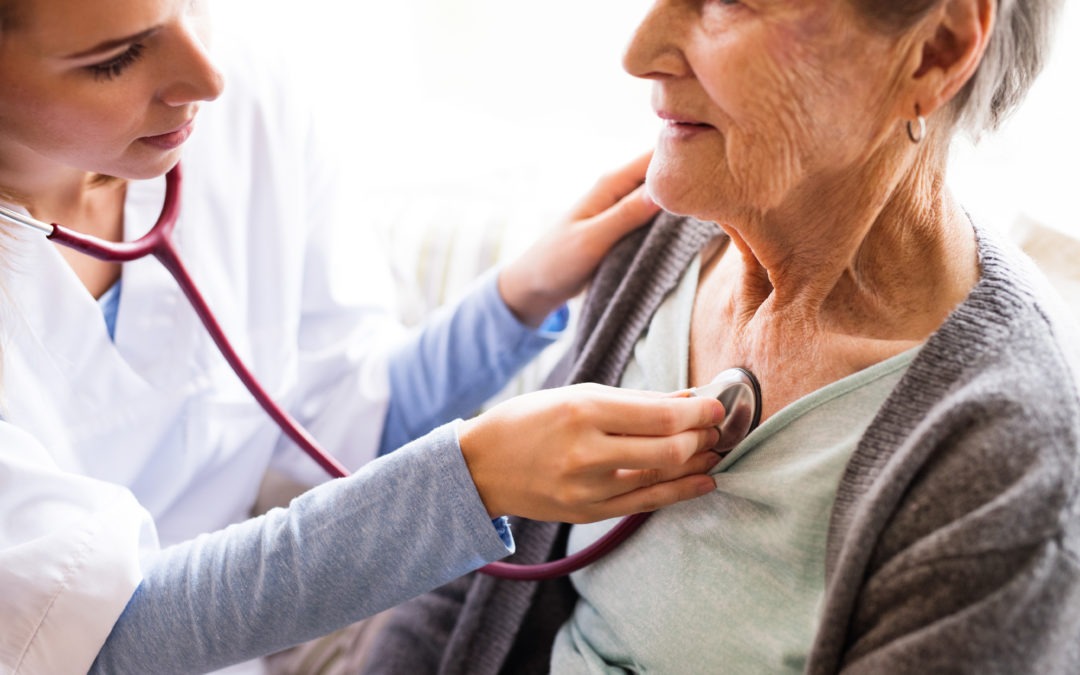Though we’re all familiar with the classic depiction of a heart attack as something that happens quickly and intensely, this is not always the case. Heart attacks can present early warning signs in many cases–potentially enabling you to get help early in the process. According to The Heart Foundation, “Symptoms of a heart attack may be immediate and intense. More often, though, symptoms start slowly and persist for hours, days or weeks before a heart attack.”
The American Heart Association reports that a heart attack strikes someone about every 43 seconds. The most common symptoms of a heart attack are chest pain, shortness of breath, and possible pain radiating to the left arm or jaw. However, these symptoms don’t present in all people, nor do heart attack symptoms present the same way in men and women.
How Do Symptoms Differ in Men and Women?
Women are more likely to experience the more subtle symptoms of a heart attack. Many women report experiencing little to no chest pain, just a tightness or pressure with accompanying nausea and even vomiting. Some women complain of persistent jaw or arm pain. Many will experience sudden dizziness as a symptom. Women more frequently report that they just felt like they had the flu. Women also typically seem to experience heart attacks later than life than men do.
Men usually have the stereotypical chest pain, tingling or numbness in the upper extremities, and shortness of breath. Many men also report breaking out in a “cold sweat.” While these are the most common symptoms, it’s still important to understand that everyone experiences the prominent symptoms of a heart attack in a different way.
Early Warning Signs of a Heart Attack
Some heart attacks are so “mild” that people don’t even realize they are having a heart attack. According to Harvard Medical, silent heart attacks impact 45% of the people that have experienced cardiac events. A silent heart attack is a heart attack that goes undetected because the symptoms are milder than usual. How can you tell if you’re having a silent heart attack or are about to experience a major cardiac event? Some early warning signs of a heart attack that EHAC (Early Heart Attack Care) advises everyone, both male and female, to watch for include:
- Breathing difficulty, getting short of breath easily
- Pressure, squeezing, burning, or tightening in the chest (no pain)
- Pain in the arm, jaw, neck or back that persists
- Nausea
- Persistent gastrointestinal distress that goes unresolved
- Persistent excessive fatigue or weakness
These symptoms could mean that you are in the early stages of a heart attack. It’s important that you get to a medical professional as soon as possible for a checkup.
How to know if you are a high risk for a heart attack?
Anyone with the following conditions are considered high risk for heart disease or a heart attack:
- High blood pressure
- Diabetes
- Obesity
- History of heart disease
- Family history of heart disease
- History of smoking
- Sedentary lifestyle
If you experience any symptoms that could be an indicator of a heart attack, it’s important to seek medical care immediately. Medical interventions for heart attacks have advanced tremendously and in many cases it’s a matter of getting medical attention early to survive a major cardiac event.
For more information about the early warning signs of heart attacks visit:
Heart Attack Signs in Women, from The American Heart Association
Symptoms of a Heart Attack, The Heart Foundation
Harvard Medical School, “The Danger of Silent Heart Attacks”
___________________________
This article provides information on general health and health-related subjects. The information and other content provided by this article, or in any linked references, is not intended as a substitute for professional medical expertise and should not be used to replace the advice of your own healthcare provider.
If you or any other person under your care has a medical concern, consult with your health care provider or seek professional medical treatment. Do not disregard professional medical advice or delay in seeking treatment because of something read in this article or in any linked materials.
If you think you are experiencing a medical emergency, call your doctor or dial 911 for immediate emergency services.

 Call Lakeland
Call Lakeland
